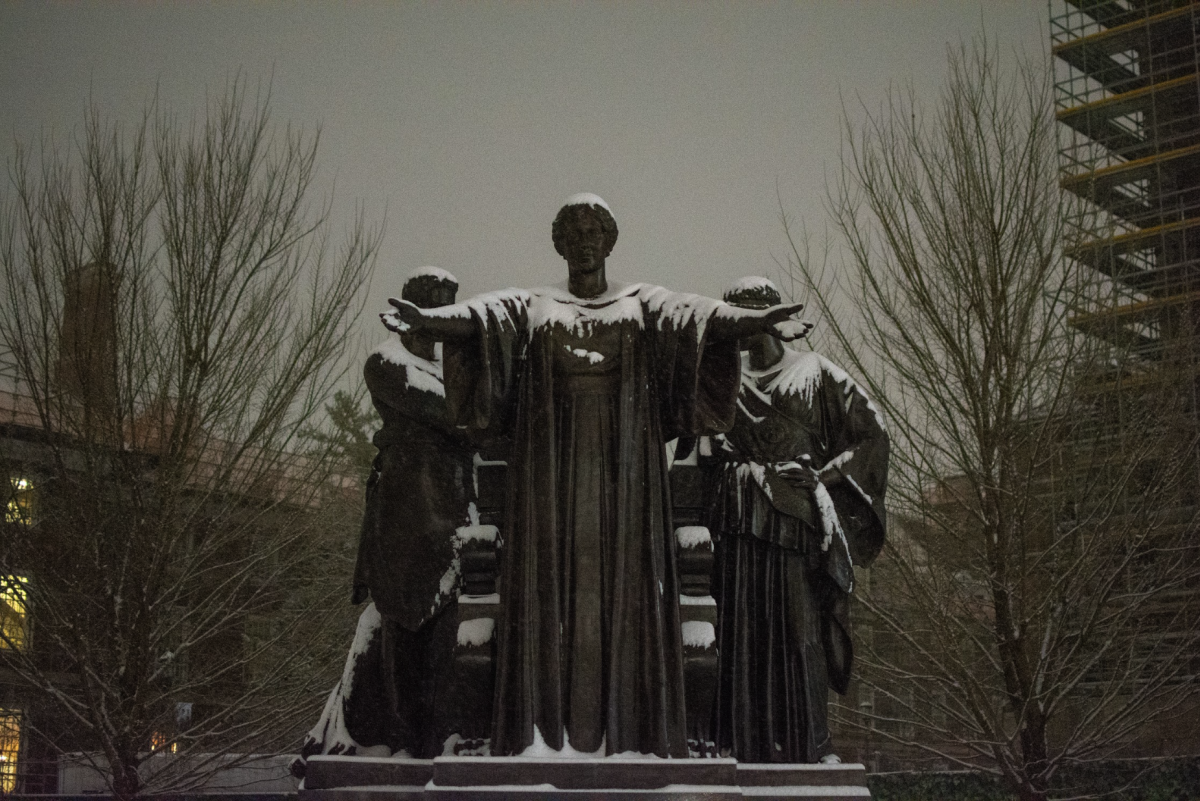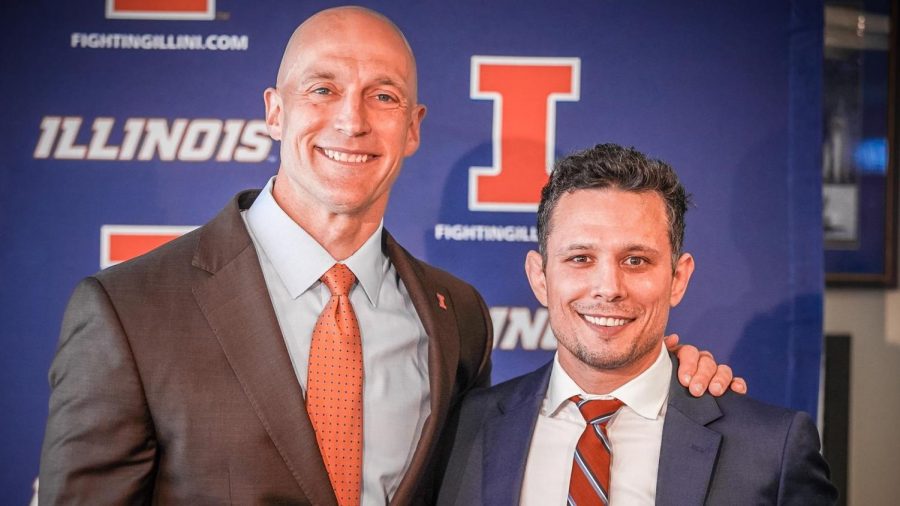The Urbana-Champaign Senate votes Monday on three resolutions designed to begin the reformation of the University’s admissions process.
The U-C Senate, which is composed of University faculty and students, is meeting in response to investigations held this summer by Gov. Pat Quinn’s Admissions Review Commission (ARC), according to the meeting’s agenda. The senate met on Aug. 11 to consider faculty involvement in admissions after these investigations concluded.
“The votes will hopefully position our University and shared governance systems to allow us to move forward in the best interest of the Illinois community,” said Bradley Tran, student body president and U-C Senate member.
The senate will also hear comments from University President B. Joseph White and Chancellor Richard Herman, according to the senate’s agenda.
The first of the resolutions aims to increase faculty input on the drafting of a new admissions policy, according to the senate’s agenda. It will ensure that administrators above the dean of each college are not involved in the admissions process. The resolution also contains provisions for insuring transparency of applicants and publicizing what factors are necessary to gain admission.
Get The Daily Illini in your inbox!
“The executive committee is the one that recommended the resolution,” said Bobby Gregg, graduate student and representative on the Senate Executive Committee. “Whether or not the entire body will feel the same, it’s hard to tell, it’s a polarized issue.”
The Senate Executive Committee is comprised of 16 members who coordinate the senate’s functions, according to the senate’s Web site.
Gregg said some representatives in the senate body “want change, some don’t.” He added that he hoped the representatives could keep some orderliness at the meeting.
The ARC resolution includes these admissions provisions and also states that the University should have clearer guidelines about appropriate applicant status inquiries, according to U-C Senate’s Web site. Additionally, it includes recommendations for new Board of Trustees members.
“I agree that there should be more transparency with admissions,” said Dan Lowman, a University alumnus. “But I hope this process doesn’t emphasize only admitting people based on numbers. That’s something that’s hard to quantify.”
The senate’s Web site said the ARC resolution calls for the creation of a task force on the selection of trustees. It would include various neutral representatives from across campus to advise the governor on the selection of new trustees. Also, it drafts a proposal for a new inspector general position for higher education.
“My hope is that the meeting will help others better understand the current scene and to bring faculty and students closer together as we work in tandem to address admissions and the future of this campus,” Tran said.





